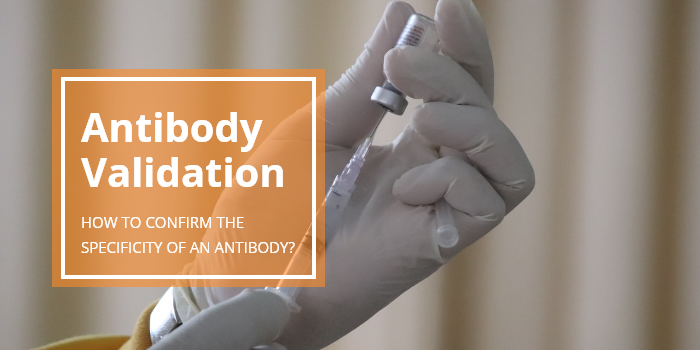Antibody validation comprises components such as proving affinity (antibody binding epitopes’ intensity), demonstrating specificity (antibody’s ability to differentiate between various antigens), and demonstrating reproducibility. You can visit www.bosterbio.com/services/antibody-validation-service to get the best antibody service.

Image Source: Google
Even though such a definition of antibody validation is very much reasonable, many problems concerning the widespread application and validation standards’ implementations still exist.
It is essential to know that it is an antibody supplier’s job to verify the antibody. But, since the supplier is only responsible for reagents’ quality, many factors can affect the performance of an antibody. For instance, you might observe antibodies changing during their transport process.
This occurs because of substandard storage conditions at low temperatures. As a result, an end-user should perform the antibody’s secondary verification.
By committing to a few meager steps, researchers can reduce negative results in subsequent experiments. Initially, a researcher must be aware of the information usage given under the product specification, which includes the validated application, appropriate protocols, and recommended dilutions.
How Can Antibodies Be Validated?
There are several ways when it comes to antibody validation for various applications, including immunohistochemistry (IHC), Western blot (WB), immunofluorescence (IF), immunocytochemistry (ICC), ELISA kits, chromatin immunoprecipitation (ChIP), immunoprecipitation (IP), and peptide synthesis.
Every assay has its set of advantages and disadvantages.
Thermo Fisher Scientific has come up with its validation platform. Such a two-part antibody validation platform can test the specificity of Invitrogen antibodies (ensuring they interact and bind with the right target) and suitability factors for different applications.
However, such a test is not applicable for all the antibodies. Consequently, Thermo Fisher utilizes a specific test for every protein target, depending primarily on biological functions.
Besides, one can test specific antibodies using CRISPR-Cas9 to exclude the process of gene synthesis that operates to encode a target protein.
Furthermore, Thermo Fisher has been refining and developing antibody validation tests based on the target antigen’s biological function.